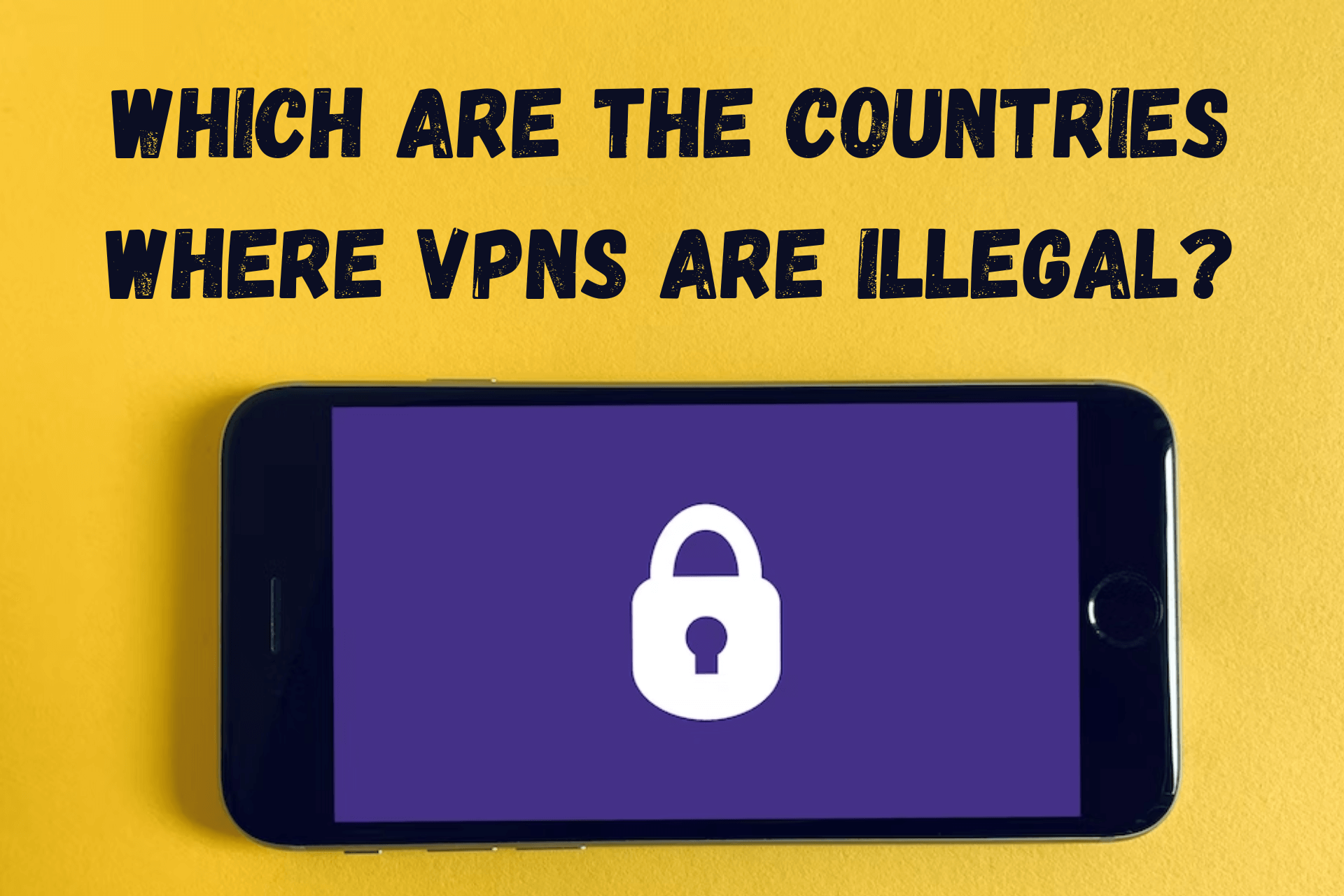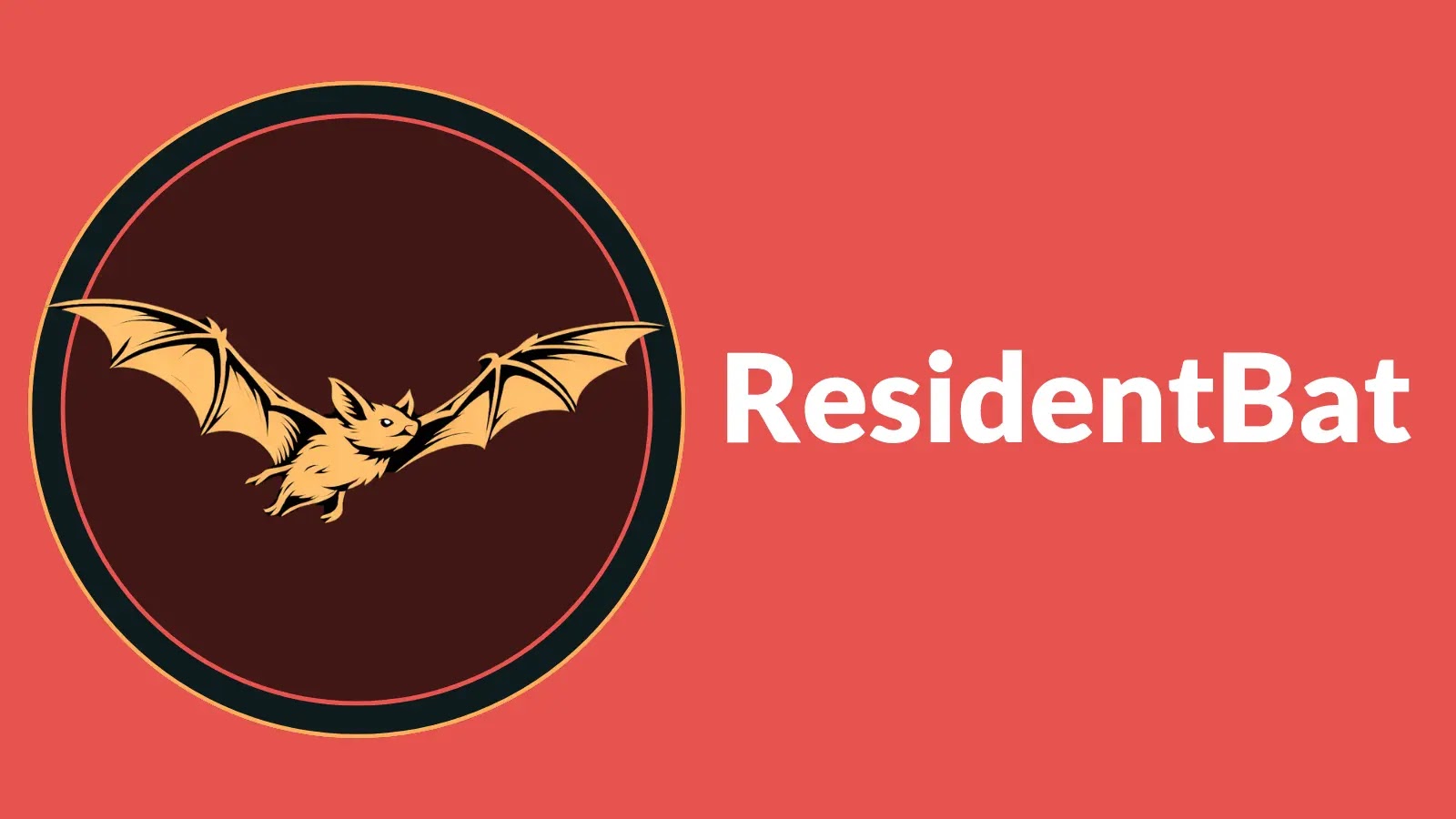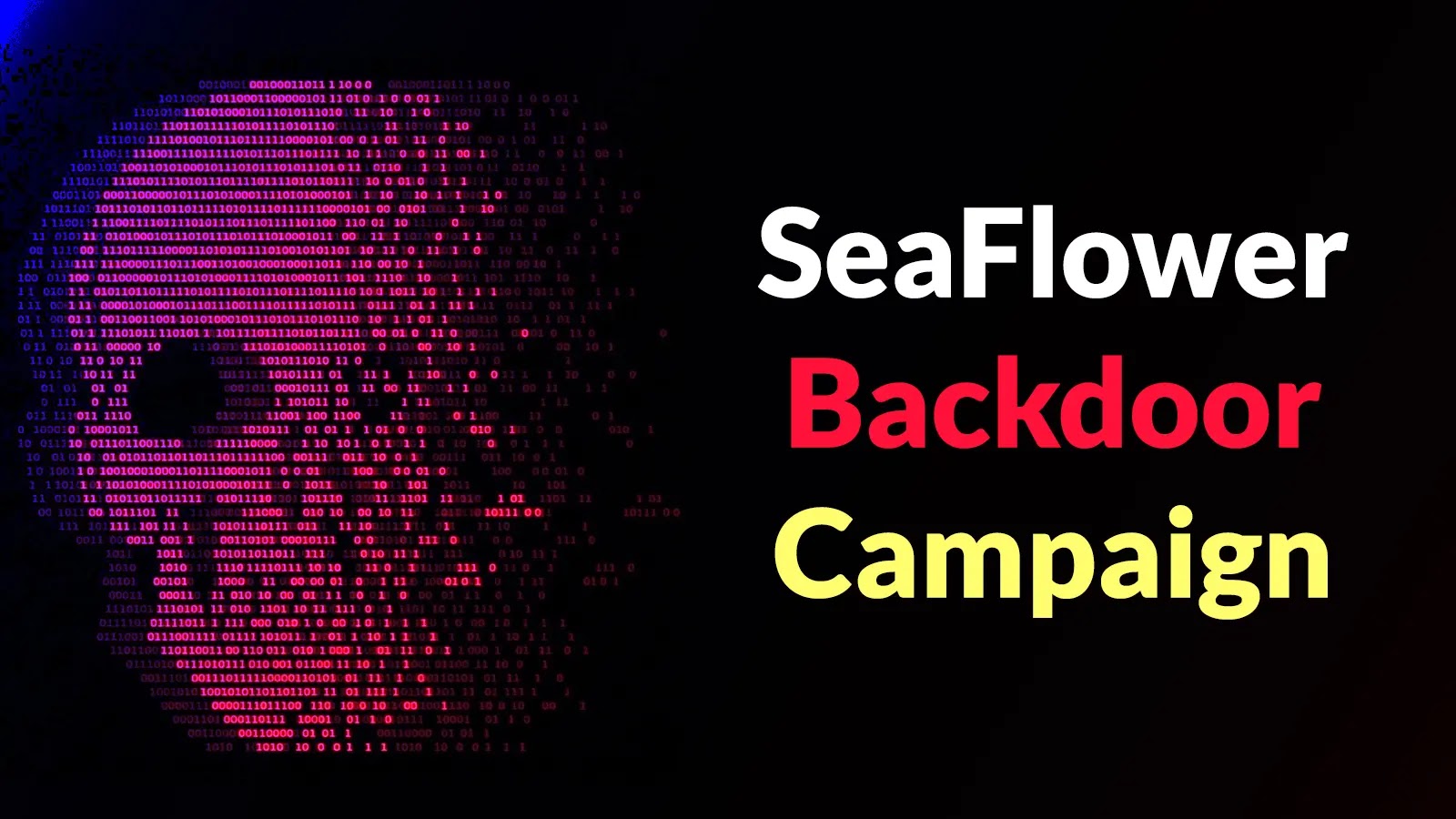In Which Countries Are VPNs Illegal?

Countries where VPNs are illegal are typically highly censored territories that try to restrict citizens’ access to the free internet.
It’s important to keep that in mind when traveling, as defiance of these rules can result in heavy penalties.
Furthermore, when using a VPN, you should always carefully choose the locations you connect to.
We’ll walk you through the importance of VPN countries and discuss when and where to be cautious with the software you use.
Countries that ban VPNs
| Countries where VPNs are illegal | Countries that ban most VPNs | Countries that heavily restrict VPNs |
|---|---|---|
| North Korea | China | India |
| Oman | Russia | Pakistan |
| Iraq | Iran | Uzbekistan |
| Belarus | Turkey | Jordan |
| Myanmar | United Arab Emirates | Sri Lanka |
| Turkmenistan | Egypt | Venezuela |
| Uganda |
In which countries are VPNs illegal?
Find below a closer look at the countries where VPNs are illegal or heavily restricted.
Using VPNs in those territories can lead to legal penalties like hefty fines. However, in most cases, you can still use a virtual private network if you opt for a stealthy one. More on that, further down below.
North Korea
North Korea maintains one of the most restrictive internet environments globally.
There is no access to the global internet for ordinary citizens. Internet use is limited to a few government officials and tourists, under strict surveillance.
The government’s control aims to prevent any external influence and dissent, making the use of VPNs unnecessary and irrelevant for the vast majority of the population.
Oman
Oman regulates internet use through stringent controls, including the use of VPNs.
Personal and commercial use have been strictly illegal since 2010. Corporate private networks are not outright banned but require a license that the government tightly controls.
This policy aims to monitor and control the flow of information, preventing bypassing of state censorship and maintaining moral and social norms.
Iraq
In Iraq, VPN restrictions have been implemented sporadically, often in response to security concerns, such as combating ISIS.
These measures are part of broader efforts to control internet access and prevent the spread of extremist content.
Belarus
Belarus has seen increased internet censorship in response to political unrest, notably around the 2020 presidential elections.
The government has restricted access to news sites and social media. As a result, VPNs are being targeted to prevent citizens from bypassing state censorship.
This is part of a broader crackdown on dissent and freedom of expression.
Myanmar
Following the 2021 military coup, Myanmar’s junta significantly increased internet censorship, including banning VPNs to control information and quell opposition.
Internet blackouts and restrictions on communication tools have been widespread, aiming to suppress pro-democracy movements and international condemnation.
Turkmenistan
Turkmenistan’s government exercises strict control over the internet, banning most foreign sites, including social media platforms like Facebook or X.
Many people turned to VPNs to circumvent this block, ultimately leading to VPNs becoming illegal.
This is part of a broader strategy to limit access to global information and maintain government propaganda, preventing dissent and controlling the narrative within the country.
China
China’s Great Firewall is infamous for its extensive censorship system, blocking thousands of websites and services.
The government requires VPN services to be state-approved, effectively making most international VPNs illegal.
This policy is part of China’s efforts to maintain social stability and control over the information its citizens can access.
Russia
Russia has implemented laws requiring VPNs to connect to a state censorship list, effectively blocking those that provide access to banned content.
This move is part of broader internet control measures aimed at suppressing dissent and controlling the digital space, under the guise of national security.
Iran
Iran permits only state-approved VPNs and plans to completely outlaw them.
The government seeks to control internet access and monitor online activity, restricting the flow of information and curbing the influence of Western media and ideologies.
Therefore, they ban VPNs so people don’t use them to get past the bans.
Turkey
Turkey’s government has tightened control over the internet, including VPN restrictions, particularly following the 2016 coup attempt.
While VPNs themselves are not illegal in Turkey, there can be issues for VPN providers, especially during times of high political tension or when there are national issues being discussed online that the government wishes to control or suppress.
In such cases, the government may take measures to block or restrict access to VPN services or monitor their usage more closely.
United Arab Emirates
The UAE restricts VPN use, particularly for activities considered harmful to national security or that bypass state controls, like accessing VoIP services.
This policy shows concerns over cybersecurity. It is also supposed to maintain social order, and protecting the telecommunications industry’s revenues.
Egypt
Egypt has increased its internet censorship efforts, including the blocking of VPN services, to control dissent and monitor internet usage.
These measures have intensified following the Arab Spring, as the government seeks to prevent unrest and control the narrative.
India
India has introduced regulations requiring VPN providers to maintain logs of user activity, citing national security concerns.
This move also reflects the government’s intent to monitor and regulate internet access amidst concerns over digital privacy and freedom of expression. Only international VPNs would protect your data in India.
Pakistan
Pakistan’s VPN regulations aim to combat terrorism and control content, requiring authorization for VPN use.
These measures are part of broader internet censorship efforts, reflecting the government’s desire to monitor internet use and maintain security.
Uzbekistan
Uzbekistan controls internet access through various measures, including regulating VPN use.
The tools are not illegal to use, but accessing blocked sites and services is illegal and punishable by law.
The government’s intent is to suppress dissent, control access to non-state-approved content, and maintain a tight grip on the country’s information landscape.
Jordan
Jordan has implemented temporary restrictions on VPNs during times of crisis to combat misinformation and maintain public order.
These measures reflect the challenges faced by governments in balancing internet freedom with security and stability concerns.
Sri Lanka
Sri Lanka’s government has occasionally blocked access to VPNs and social media platforms during times of crisis to prevent the spread of misinformation and ensure public safety, reflecting the tension between maintaining order and ensuring digital rights.
Venezuela
In Venezuela, VPNs are used by citizens to bypass extensive internet censorship amidst political and economic crises.
So the government intermittently blocks VPNs to control access to information and suppress opposition, reflecting broader struggles for freedom of expression.
Uganda
Uganda’s internet control tactics include taxing social media and restricting VPNs, aiming to suppress dissent.
Such measures, criticized for infringing digital rights, impede freedom of expression and access to information.
Despite government justification, they face domestic and international condemnation for limiting online communication essential for democratic societies.
What are VPN countries?
First off, we shall distinguish between the country where the VPN is based and where the servers are located.
For example, a provider registered in a certain country is subject to its jurisdiction. However, it can own or rent servers in other regions.
More specifically, VPN servers can be physically located all over the world. When you connect to a server, your IP will match the selected location.
Also, VPN providers may use virtual (fake) server locations when it’s difficult to operate physical servers due to poor privacy or high censorship.
In this case, you will get a new IP address matching the country you chose, but the physical server will actually be in a different place.
How to use a VPN in countries where VPNs are illegal or restricted?
If you’re up for this risk, you’ll need a provider that can evade detection. A premium service with a vast server network and obfuscating tools will be your safest bet!
We recommend ExpressVPN for the job, as it fits the criteria perfectly. Once you subscribe and install the app, the next essential step is changing your location.
Whether you use the native app for a desktop or mobile device, it’s a straightforward task. However, if you prefer a manual configuration, the process involves a few more steps.
Below, you’ll find instructions on how to change your VPN on Windows 11, but the process is similar for other operating systems.
1. Launch the ExpressVPN app on your device.

2. Press the three dots next to the Selected Location to open the list of available countries.

3. Find a server in your preferred country.

4. Select the location and connect.

5. Now, you can browse the web safely and without restrictions.

ExpressVPN
Browse the web freely even in the most restrictive countries with ExpressVPN!Why is the number of VPN countries important?
If you find yourself in a place that heavily regulates Internet use, but VPNs are allowed, it’s best to choose a provider with a vast server network.
That will allow you to surf the web from areas without barriers with much-needed privacy and security.
More specifically, it will help you deal with issues such as:
➡️Geo-blocking: Access to IPs from many countries will increase your chances of unblocking restricted content.
➡️Privacy violation: If your VPN supports more locations, you may choose to connect to those ensuring the highest privacy.
➡️Censorship: Certain countries enforce strong online censorship. A VPN can allow you to surf the web with IPs from somewhere else and bypass restrictions.
➡️Local content access: In case you travel or change your residency often, a VPN will help you access local content from your chosen areas.
Wrap Up
As you see, the countries where VPNs are illegal aren’t that many, but they do exist.
In any case, some premium providers can still help you circumvent the restrictions and gain access to restricted and uncensored content.
However, always prioritize your safety and be aware of the laws regarding VPN use wherever you live or travel to.
Read our disclosure page to find out how can you help VPNCentral sustain the editorial team Read more






User forum
0 messages